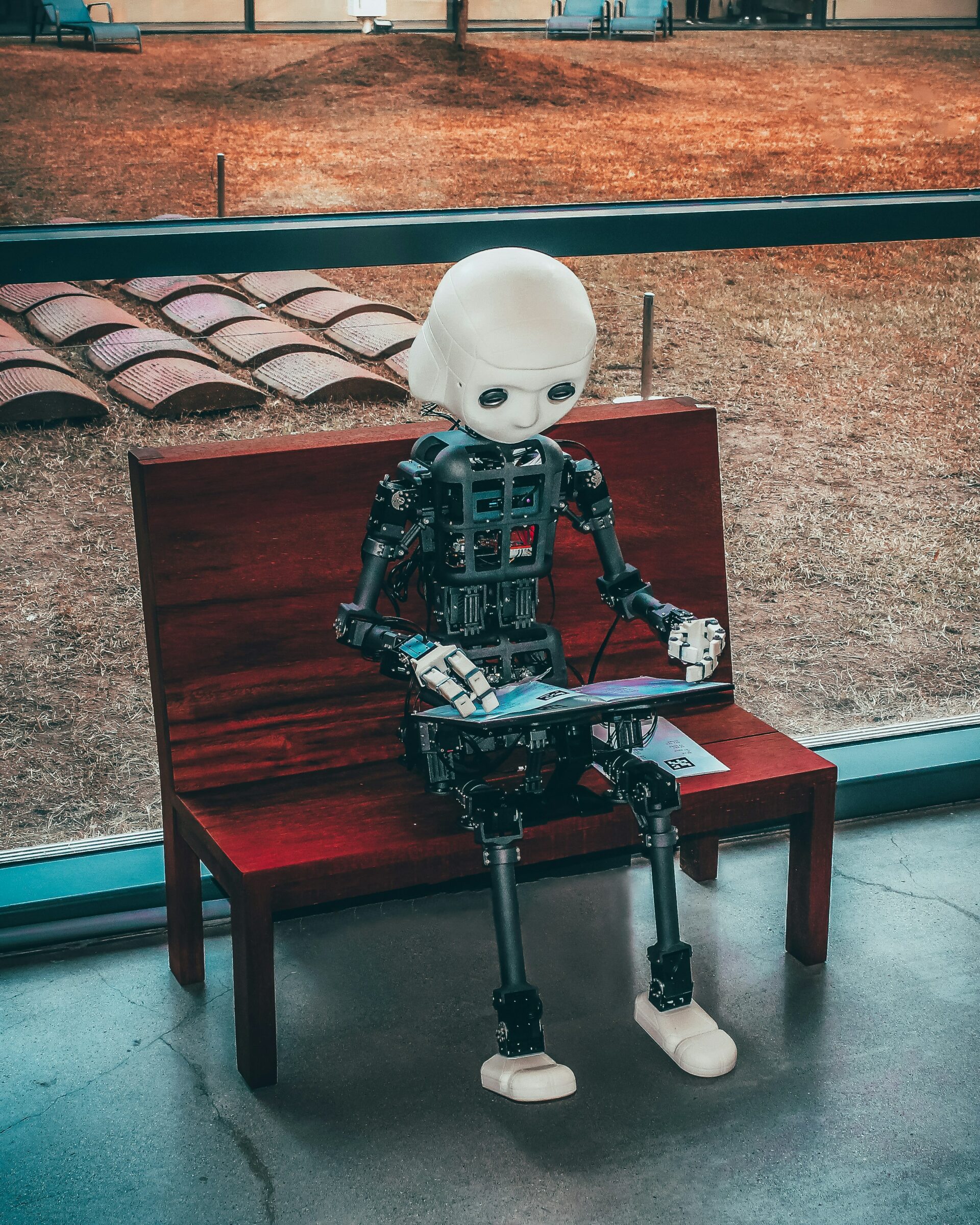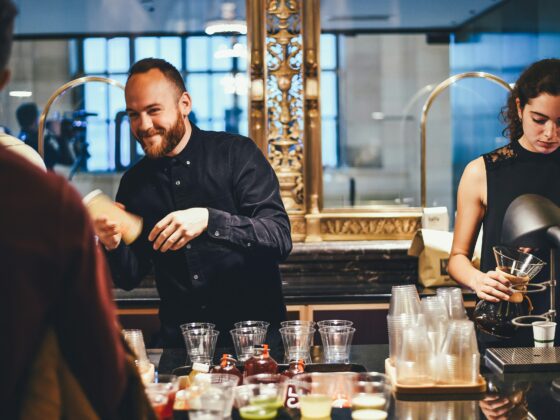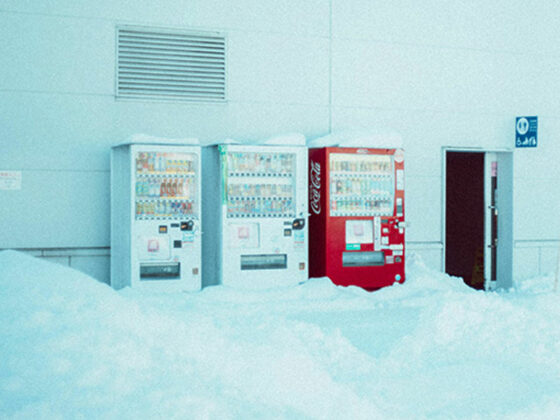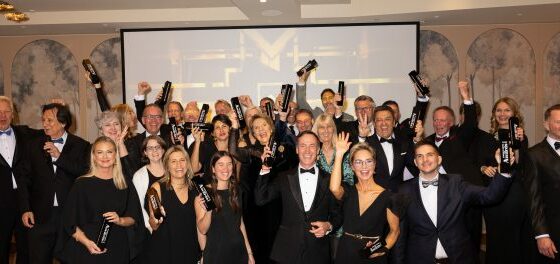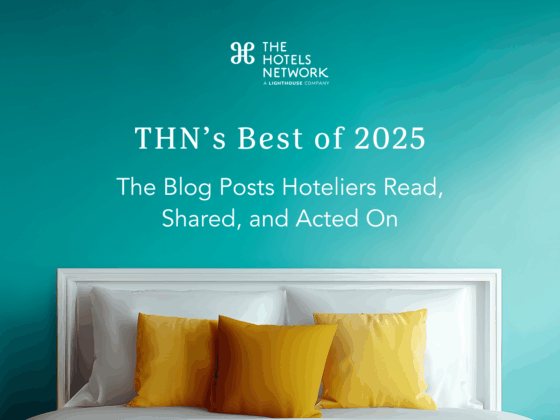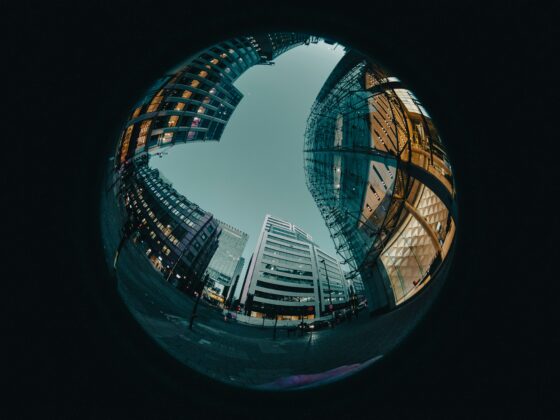We spoke with Sébastien Félix, CEO of Influence Society, about the fast-changing role of artificial intelligence in hospitality. Working closely with boutique and luxury hotels, Sébastien sees firsthand how AI is transforming the way properties design guest journeys, manage marketing, and compete with OTAs.
For him, AI-driven hotel marketing isn’t just about automation. It’s about anticipating guest needs, scaling personalization, and strengthening the emotional bond between brand and traveler. Most importantly, it’s about making sure AI supports hotel teams rather than replacing them.
Takeaways
Emotion drives direct bookings. Hotels should build an “emotion stack” of stories, videos, and brand assets.
Unified data enables real personalization. Fragmented systems limit what AI can achieve.
AI delivers speed; humans bring authenticity. Both are needed for effective marketing.
Marketing teams should shift focus to strategy. Let AI handle the repetitive work.
Adoption is cultural. Leadership and staff empowerment are key to success.
AI + Design for “Invisible” hospitality
Sébastien often returns to the idea of creating “magical” moments. For him, this is where AI and design come together. Imagine a guest whose flight has been delayed. By the time they arrive, tired from travel, the hotel is already prepared, check-in is quick, and a spa treatment has been arranged as a thoughtful gesture.
“AI will anticipate more of the intent of the guest journey, and design will make the response effortless.” Sébastien Félix
This balance of technology and design is what makes hospitality feel natural. Smaller hotels might achieve it with personal attention, but scaling it across hundreds of guests requires AI quietly working in the background.
Building emotion into direct channels
When it comes to booking, Sébastien draws a sharp line between OTAs and hotel websites. OTAs sell inventory. Hotels must sell meaning. That’s why he encourages brands to build what he calls an “emotion stack”, the stories, images, and experiences that make a brand memorable.
“OTAs are selling inventory, whereas your brand channels are selling meaning for the guest,” he said.
That emotion stack could include cinematic imagery, authentic guest stories, or short videos that bring the property to life. Websites, in particular, remain powerful. Unlike OTAs, they can gather micro-signals from guests and adapt in real time. Instead of a generic “Book Now” button, AI could present more contextual prompts such as “Plan My Anniversary.” It’s a subtle shift, but one that makes the booking process feel personal rather than transactional.
Personalization at scale
Hotels already sit on a mountain of guest data from PMS, CRM, loyalty programs, and social media. The challenge is connecting it all in a way that delivers meaningful personalization. Large hotel groups are making progress, while smaller boutiques often lack the systems to unify data.
Sébastien sees AI as the missing link. With the right tools, hotels can predict needs, surface relevant offers, and create personalized journeys that marketing teams can refine. AI generates the scenarios, while humans validate and adapt them to fit the brand. This balance not only saves time but also keeps communication authentic.
Faster concept development with generative AI
One of the clearest advantages of AI is speed. Where hotels once needed ten weeks to develop a design concept, they can now do it in two.
“It will not replace humans in the process; we will just do things much faster,” Sébastien explained.
AI can cluster audiences, generate mood boards, forecast amenities, and even create early visualizations of interiors or F&B concepts. It can also map out investment scenarios, helping developers understand cost implications before moving forward. The real benefit is flexibility: instead of producing one idea, hotels can explore several directions and choose the concept that best resonates with their audience.
Content creation: AI’s speed, human taste
For Sébastien, AI is invaluable when it comes to speed and scale. Drafting copy, producing variations of visuals, or brainstorming new campaign angles can all be done in seconds. This gives marketers more raw material to work with and more time to refine ideas.
But volume isn’t enough. “What we have as humans is taste and truth,” he said. AI may generate options, but only people can decide which ones feel authentic and accurate. Ultimately, AI expands creative possibilities, but curation is what ensures brand integrity.
AI assistants and the shift in marketing teams
Influence Society has already built AI assistants to support hotel marketing and sales. These tools can draft newsletters, analyze performance data, or prepare first-draft proposals. For Sébastien, the impact is clear: it’s about shifting focus.
“I see a move from making assets to making decisions,” he explained.
Instead of spending hours producing content, teams can focus on who they are as a brand and how best to connect with guests. AI takes on the heavy lifting in the background, freeing people to spend more time thinking strategically about identity and direction.


Simplifying technology while exploring the future
Not every new tool improves the guest experience. Sébastien noted that hotels sometimes over-engineer communication with complex chatbots, when simpler solutions, such as WhatsApp, are more effective. Guests are already familiar with how to use it, and it works across various markets.
At the same time, he sees promise in emerging technologies like smart glasses and lightweight devices that record and summarize daily interactions. These tools could help front-desk teams capture preferences or assist with training. While AR and VR remain on the horizon, AI is the technology making the biggest impact today. Hotels should simplify where possible now, while staying open to future innovation.
Jobs, skills, and the human factor
Whenever AI is discussed, the question of jobs follows. Sébastien takes an optimistic view. While some tasks will disappear, new opportunities will replace them. The real challenge is speed: can people reskill quickly enough to keep pace with change?
He believes leadership plays a crucial role. Managers need to understand AI themselves, encourage teams to experiment, and create a culture where feedback is welcomed. Many younger employees are already comfortable with digital tools, but managers must set the framework to ensure adoption is both safe and effective.
Overcoming adoption barriers
When asked about what holds hotels back from adopting AI, Sébastien was direct: the main obstacle is cultural, not technical.
“Humans are preventing adoption, not the AI, because leadership culture often gets in the way.” Sébastien Félix
Concerns about cost or complexity are common, but when leadership teams see the potential and involve their staff, adoption becomes much smoother. He also warned against overregulation, especially in Europe, where strict rules could slow progress. While privacy and misinformation need careful attention, heavy-handed restrictions risk leaving the industry behind global competitors.
Practical first steps for hotels
For hotels ready to experiment with AI, Sébastien recommends starting small but consistently:
- Audit your data. Map where it sits across PMS, POS, CRM, and marketing platforms.
- Automate in small steps. Have each team choose three tasks per week to replace with AI support.
- Experiment with personalization. Try one scalable feature at a time, like tailored CTAs or dynamic room listings.
- Empower your staff. Give teams freedom to test tools and share feedback.
- Track daily opportunities. Note which tasks could be automated; patterns will quickly emerge.
Above all, he stresses not to lose sight of people. AI should support staff and enhance service, not replace the human element at the heart of hospitality.
Designing systems, not just campaigns
Throughout our conversation, Sébastien emphasized that AI works best when it runs in the background, supporting both teams and guests. It captures signals, design translates them into action, and humans deliver the emotion that makes a stay memorable. AI-driven hotel marketing is not about replacing staff. It’s about giving hotels the tools to personalize at scale, simplify complex processes, and strengthen the connection between brand and traveler. Those who embrace this balance between technology and humanity will be the ones who create experiences guests never forget.
